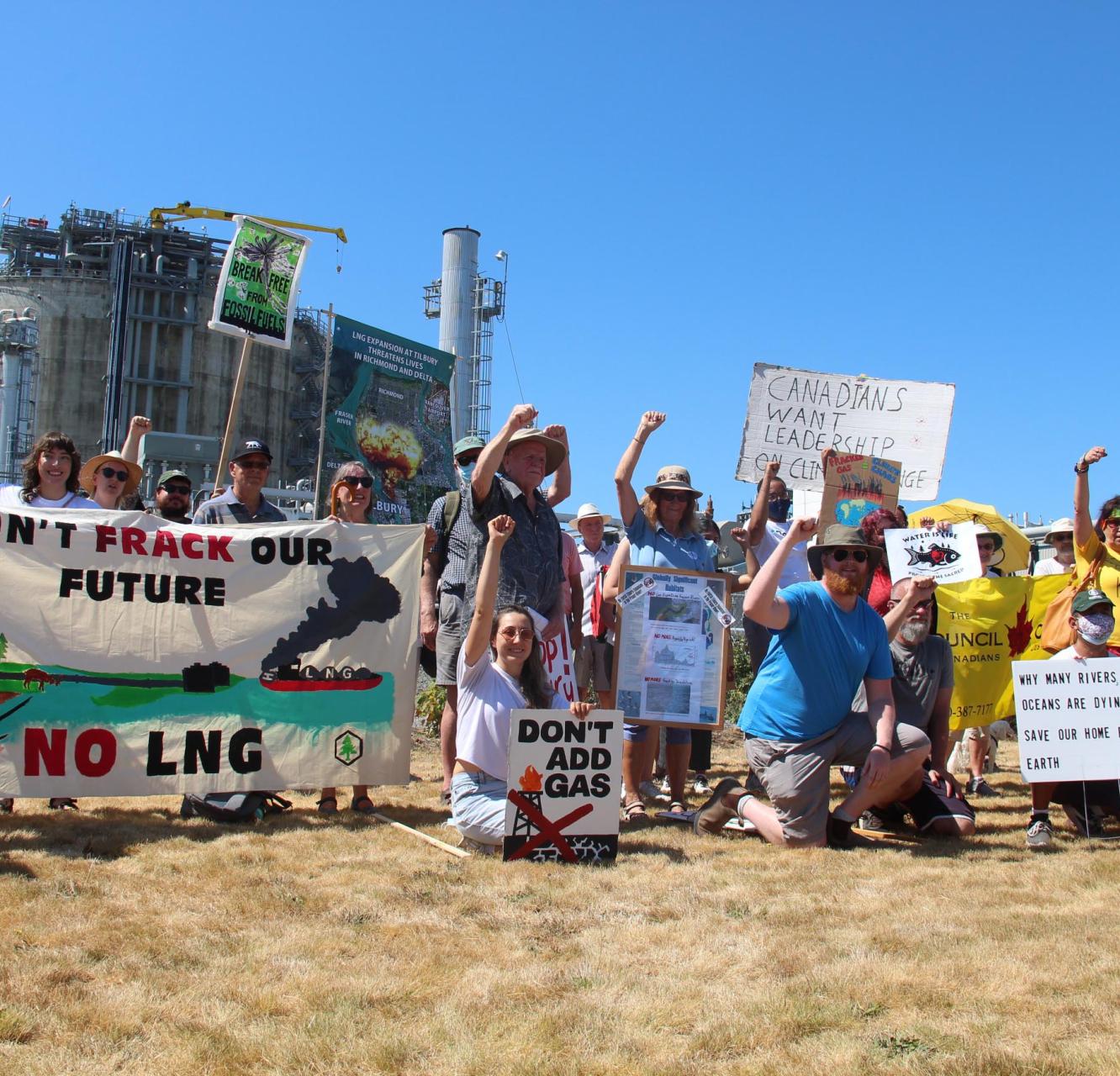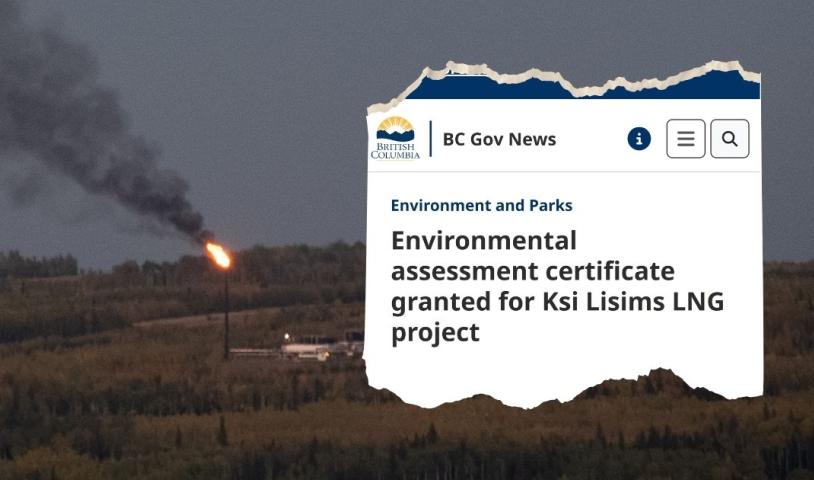Vancouver Island First Nations Band signs agreement to develop LNG plant
Tuesday, July 8, 2014
The Huu-ay-aht First Nations (HFN) and Steelhead LNG Corp. announced today they have signed an agreement to develop a liquefied natural gas (LNG) project on HFN-owned land at Sarita Bay.
Sarita Bay is located about 10 km north of Anacla, at the southern end of Alberni Inlet on Vancouver Island.
The project would include a land-based liquefaction facility and would create hundreds of jobs should the project go ahead. If it does go ahead, it would run for at least 25 years.
On July 8, Steelhead LNG applied to the National Energy Board for a license to export up to 30 million tonnes of LNG per year for 25 years. They will have to bring the gas from northern B.C. to western Vancouver Island and are still looking at options to work with pipeline companies to do so.
The proposed project will also be subject to several comprehensive regulatory, environmental and technical assessments and will only proceed after consultation with Huu-ay-aht citizens, including a vote on a possible land lease to the project at the First Nations People’s Assembly in November.
“We look forward to working closely with Huu-ay-aht First Nations to explore LNG opportunities,” said Nigel Kuzemko, CEO, Steelhead LNG, in a press release. “While the site is a significant distance from upstream gas production, it does offer numerous advantages, including direct access to the Pacific Ocean. This agreement at the earliest stage of the project reflects our commitment to the Huu-ay-aht First Nations and our respect for their principles of iisaak (greater respect), hishuk tsa-walk (everything is connected) and uu–a-thluk (taking care of).”
This agreement is only the first step to building the LNG facility.
“We recognize that between now and the time the first shipment of LNG might leave our proposed facility, thousands of decisions will have to be made and we have to get every one of them right, or that shipment doesn’t leave,” said Kuzemko in a release. “In addition, the decisions we make together will be measured against our joint responsibility to ensure the lands on which we hope to operate are safeguarded for generations to come.”
Environmentalists are not happy about the agreement however. Eoin Madden, climate change campaigner with the Wilderness Committee said anytime there is a proposed LNG project, which is going to be serviced by fracked gas, which will come from the process of fracking, “it’s bad news.”
“In this proposal, the proponents talk about fracking as a well regulated process which is not true,” he added. “We argue the amount of water being used in fracking is currently unregulated and the current Water Act here in B.C. is not being applied as the law says it should be, which is being argued before the court right now.”
Madden said the process of fracking only drives climate change. “When you put the two problems together, it is as bad as coal for climate change. We now have our prairies underwater because of climate change and it will only get worse for young people.”
Huu-ay-aht First Nations chief councillor Jeff Cook, said a project like this will provide “sustainable wealth” for the Huu-ay-aht people.
“We look forward to working with Steelhead LNG to explore economic development opportunities for our people,” said Cook in a release. “LNG represents a unique opportunity for our citizens, our region and the province, and this agreement will provide us with an opportunity to see how potential LNG projects might fit with the priorities and initiatives identified in our strategic plan.”
But Madden said this is not the way to treat the land. “We have to learn to treat our forest better, not like last time and we can have thriving industry jobs here in BC, like forestry jobs, without driving climate change,” he said.
The HFN is a self-governing, modern treaty Nation of about 750 people whose lands are located in the Barclay Sound region on the west coast of Vancouver Island at the entrance to the Port Alberni inlet.




